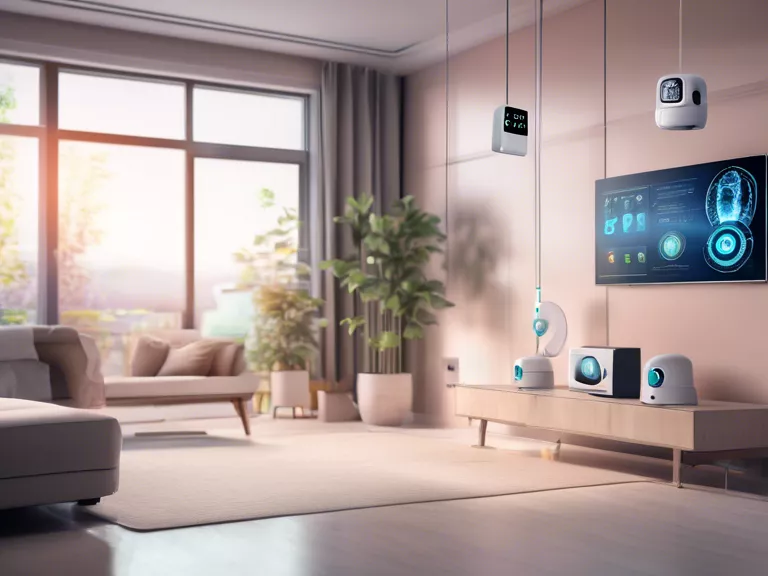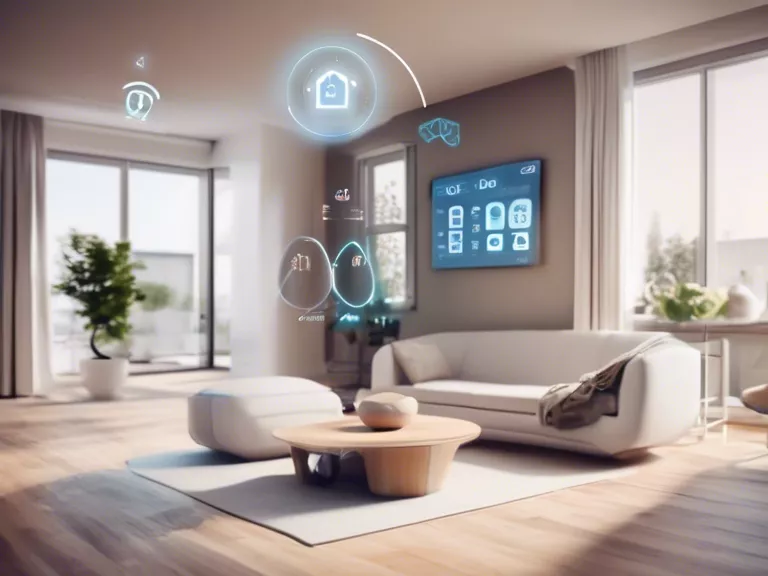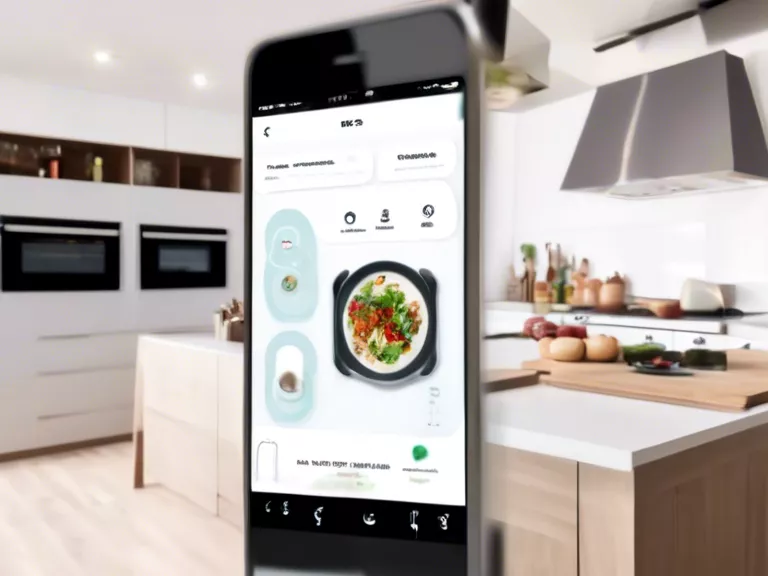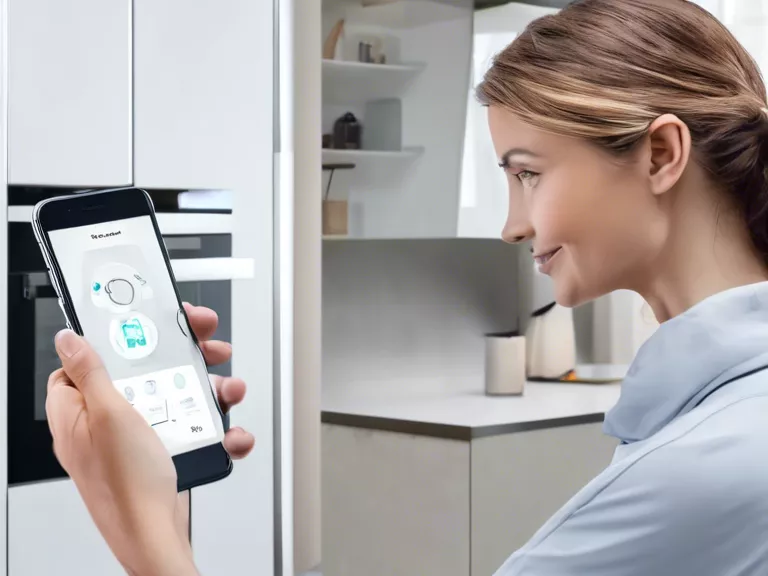
With the advancements in technology, smart home systems are now integrating AI for health and wellness monitoring, revolutionizing the way individuals manage their overall well-being from the comfort of their homes. From monitoring vital signs to providing personalized health recommendations, AI-powered smart home systems are changing the landscape of healthcare.
One of the key features of smart home systems integrated with AI is the ability to monitor vital signs in real-time. Devices such as smart scales, blood pressure monitors, and wearable devices can track metrics like heart rate, blood pressure, and sleep patterns. This data is then analyzed by AI algorithms to provide insights into the user's health status. If any abnormalities are detected, the system can alert the user or even contact healthcare providers automatically.
Moreover, AI-powered smart home systems can provide personalized health recommendations based on the user's lifestyle and health data. For example, if a user has high blood pressure, the system can suggest dietary changes or exercise routines to help lower their blood pressure. This level of personalized healthcare guidance can empower individuals to take control of their health and make informed decisions.
In addition to monitoring vital signs and providing health recommendations, AI-powered smart home systems can also assist in wellness monitoring. For instance, smart home devices can track daily physical activity, remind users to stay hydrated, or even suggest stress-reducing activities based on heart rate variability data. By taking a holistic approach to health and wellness, these systems can help users improve their overall quality of life.
Overall, the integration of AI in smart home systems for health and wellness monitoring is a game-changer in the healthcare industry. By providing real-time insights, personalized recommendations, and wellness monitoring capabilities, these systems are empowering individuals to take charge of their health and well-being like never before.


